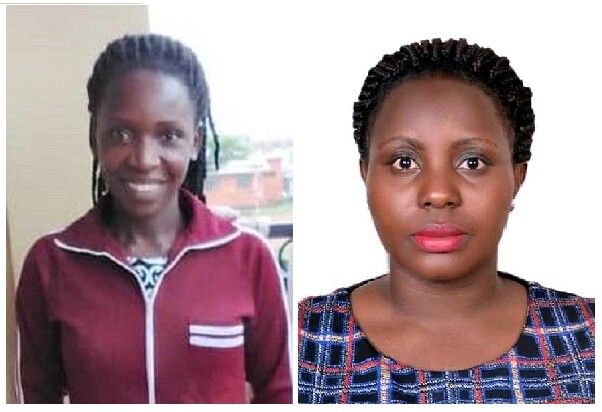HEALTH & LIVING: Blood transfusion saves lives and improves health, but many patients requiring blood transfusion do not have timely access to safe blood. Therefore, providing safe and adequate blood should be an integral part of every country’s national health care policy and infrastructure.
The World Health Organisation (WHO) recommends that all activities related to blood collection, testing, processing, storage and distribution be coordinated at the national level through effective organization and integrated blood supply networks. The national blood system should be governed by national blood policy and legislative framework to promote uniform implementation of standards and consistency in the quality and safety of blood and blood products.
Globally, blood donations have decreased dramatically by 40% to 67% during this outbreak of COVID-19, especially in countries where restriction of movement is enforced. This makes potential blood donors face difficulties to access to donation sites and fear of contracting the virus along the way. In addition, most mobile blood drives have been cancelled as mass gatherings are not allowed yet like in Uganda.
In Uganda, the Uganda Blood Transfusion Service (UBTS) is a specialized institution under the Ministry of Health which is mandated to provide safe blood and blood products to hospitals for patients throughout Uganda. UBTS collects blood from 100% voluntary non-remunerated blood donors.
Before the COVID-19 pandemic, mobilization of blood donors was mainly conducted through educational institutions like universities, secondary schools due to the high prevalence of transfusion transmissible infections among general population. Most of the donors are young people, with 55% of the blood donors aged between 17 and 27 years.
During the unprecedented COVID-19 pandemic, with all educational institutions closed off and the lockdowns, UBTS experienced shortage of blood supplies and had to use innovative ways of mobilizing blood donors. A call center in Nakasero blood bank in Kampala was created to reach donors in the communities, and the youths nationwide.
A donor recruitment application, “Blood 4 Uganda”, was developed that links UBTS to donors, the majority of whom often use social media platforms like twitter, Facebook, Telegram. The application and the e-donor recruitment strategies improved communication to blood donors in communities and enabled cost-effective mobilization in these challenging times.
Hence, to address the problem of blood shortage, continuous public appeals for donation through both mainstream and social media are crucial coupled with reassurances on safety measures taken throughout the process.
Blood centres can also actively approach potential blood donors via emails, text messages or phone calls. These telemedicine approaches can also be used as a first health screening to ensure that only suitable donors turn up for donation and allow personalized donation slots to be arranged. Lastly, transportation may also be provided for donors.
Do you have a story or an opinion to share? Email us on: dailyexpressug@gmail.com Or follow the Daily Express on X Platform or WhatsApp for the latest updates.
The authors are; Lilian Nuwabaine Luyima; BSc Nurse & MSN-Midwife & Women’s’ Health Specialist and Heroes in Health Award Winner-Midwife of the year 2021 and
Alupo Alice; Assistant Nursing Officer working with Lira Regional Referral Hospital & BScN scholar at Aga Khan University Uganda

